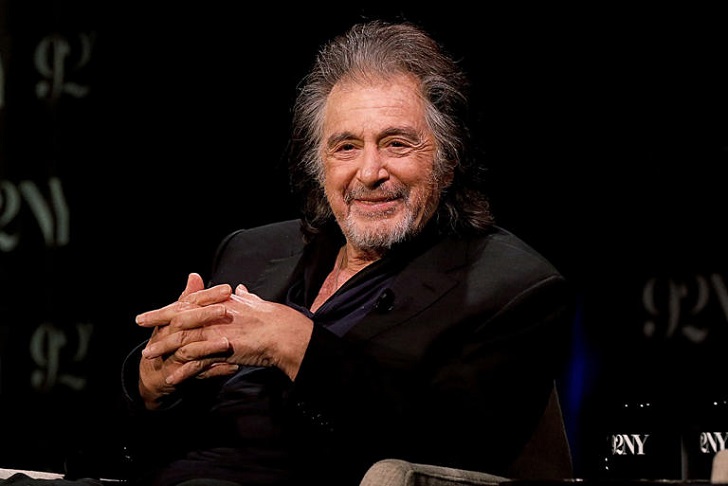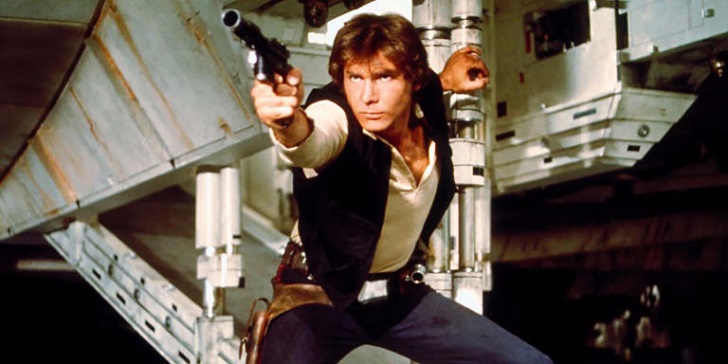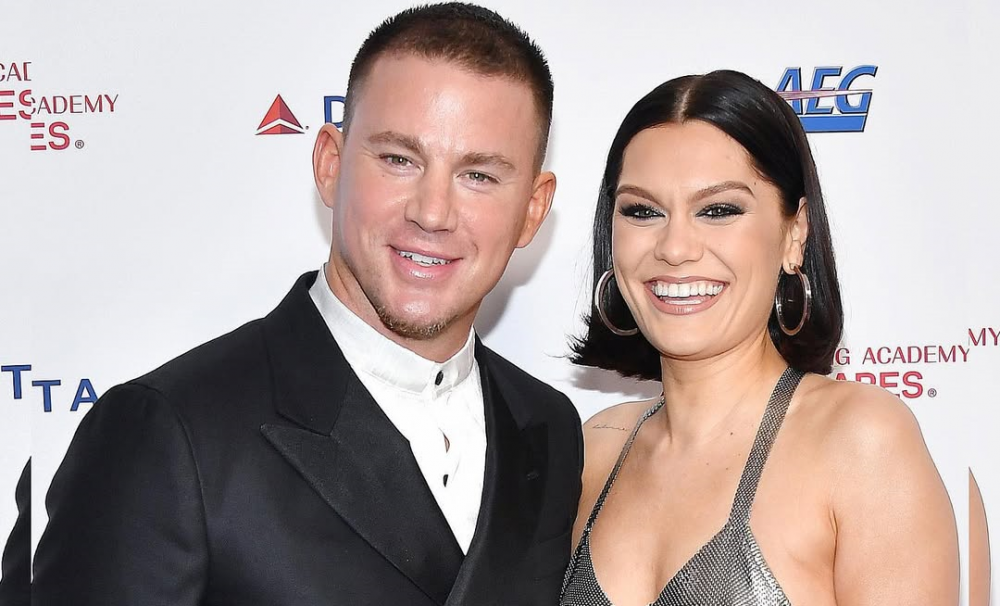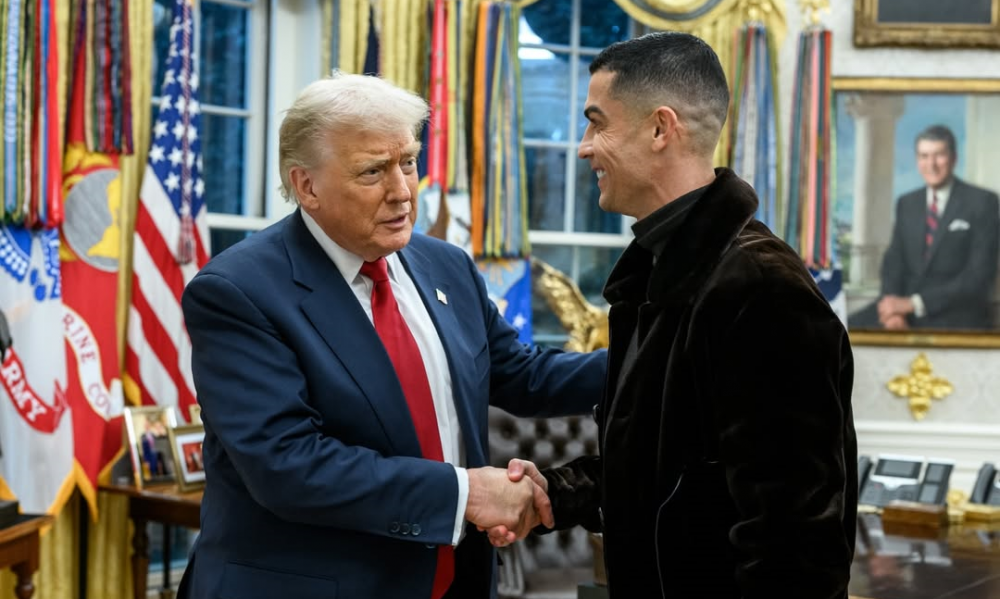Al Pacino’s journey to stardom began with his iconic role as Michael Corleone in "The Godfather," a film that transformed him from an emerging theater actor to an international celebrity. Following this meteoric rise, Hollywood’s biggest roles were suddenly at his fingertips. Among these was a proposal to play Han Solo in "Star Wars," an offer Pacino famously declined. This Al Pacino moment has since sparked endless curiosity, not only for its rarity but also for what it says about Pacino’s acting philosophy.
Why Pacino Turned Down Star Wars
Pacino didn’t simply reject "Star Wars" on a whim. True to his commitment to his craft, he approached the offer seriously, reading the script and consulting trusted friend and acting mentor Charlie Laughton. According to Pacino, neither he nor Laughton could fully grasp the script’s vision. In his recent memoir Sonny Boy, Pacino recalled handing it over to Laughton, who shared his bewilderment. For Pacino, understanding the essence of a role was essential, and the character of Han Solo did not resonate with his artistic instincts.
A Career Defined by Artistic Choices
Pacino's decision to pass on "Star Wars" illustrates his dedication to unconventional, character-driven roles. Unlike the traditional trajectory many leading men followed, Pacino avoided blockbuster franchises, staying focused on auteur-driven films. With the exception of Ocean's Thirteen, his career remained rooted in projects from original screenplays and complex characters. Pacino’s reluctance to embrace spectacle cinema further shaped his legacy as an actor committed to intense, introspective roles rather than blockbuster appeal.
The Impact of Pacino’s Mentors on His Career Choices
Pacino’s artistic sensibilities were shaped significantly by his mentors, particularly Charlie Laughton and Lee Strasberg, both influential figures in New York’s acting community. Laughton, known for his literary acumen and bold outlook on performance, imparted to Pacino a philosophy that stressed taking risks and embracing challenges. Pacino often describes his acting style as “life on the wire,” valuing authenticity and emotional depth over mere popularity. This approach, instilled through his mentors’ guidance, became central to his acting choices, influencing his decision to turn down roles like Han Solo.
The Role of Han Solo and the Rise of Harrison Ford
While Pacino’s career followed a unique path, Harrison Ford, who eventually took on the role of Han Solo, experienced a different trajectory. Like Pacino, Ford had a background in more niche, critically acclaimed films, working with directors such as Michelangelo Antonioni and Francis Ford Coppola.
"Star Wars," however, catapulted Ford to the forefront of Hollywood stardom, transforming him from an indie actor into a leading figure of mainstream cinema. The role of Han Solo defined Ford’s career in the same way The Godfather had done for Pacino, marking a turning point that brought each actor distinct yet iconic fame.
A Star Wars Role Turned Down by Other Hollywood Icons
Interestingly, Al Pacino was not the only high-profile actor to pass on Han Solo. Hollywood legends like Sylvester Stallone, Burt Reynolds, and Kurt Russell also had the chance to play the iconic role. Reynolds later admitted to regretting his decision to turn it down, humorously lamenting that he’d missed a unique career opportunity. Russell even went as far as to audition for the part, while Stallone revealed he didn’t make it past the initial stages.





